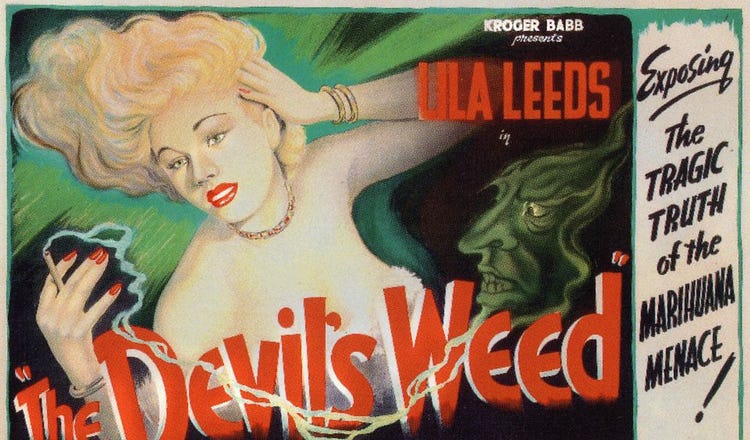
Kamala Harris’s decisive loss may have grabbed the headlines, but there was another big loser in this election: drugs.
In Florida, voters failed to approve a constitutional amendment that would have legalized recreational marijuana, defying both expectations and the endorsement of president-elect Donald Trump. Voters in South and North Dakota defeated legal weed initiatives, too, by decisive margins—the second and third time for each state, respectively. Bright-blue Massachusetts had the chance to become the third state, after Oregon and Colorado, to legalize psychedelic drugs. Polls suggested Question 4 was too close to call, but Bay Staters ended up rejecting it by a 14-point margin. Even Cambridge and Boston could barely post majorities.
These votes came from the grassroots, defeating big-money campaigns for legalization. The pro-legalization camp in Florida, backed by the massive cannabis company Trulieve, spent nearly $150 million, more than any prior recreational marijuana campaign. The Yes on 4 campaign in Massachusetts spent just $7 million, but that was still 73 times more than the opposition.
Although Tuesday was not the first time legalization initiatives have fallen short and, in fact, Nebraska decided to approve medical marijuana, the decisiveness of voters’ rejections augurs a change.
“It shows how drugs are not the winning issue many politicians have been tricked into believing,” Kevin Sabet, president of the anti-legalization group Smart Approaches to Marijuana, said. “As marijuana has become legalized, commercialized, and normalized, its effects are now so ubiquitous they are hard to miss.”
Indeed, Americans might finally be noticing that more permissive drug policy does not just mean that people can partake of a joint without the police hassling them. It also creates big social problems: car crashes (accounting for an estimated 1,400 fatalities per year), public disorder (a 35 percent increase in chronic homelessness in states that legalize), and surging insanity (a 70 percent increase in psychosis among teens that use). Even drugs like pot and psychedelics can make people less responsible, harder to employ, and more dysfunctional.
For the past decade, marijuana legalization has seemed like an unstoppable juggernaut. Since 2012, 24 states have legalized—14 in the past four years alone. Voters have been willing to permit others’ vices. But increasingly, they’re seeing that those vices have consequences for them, too.


